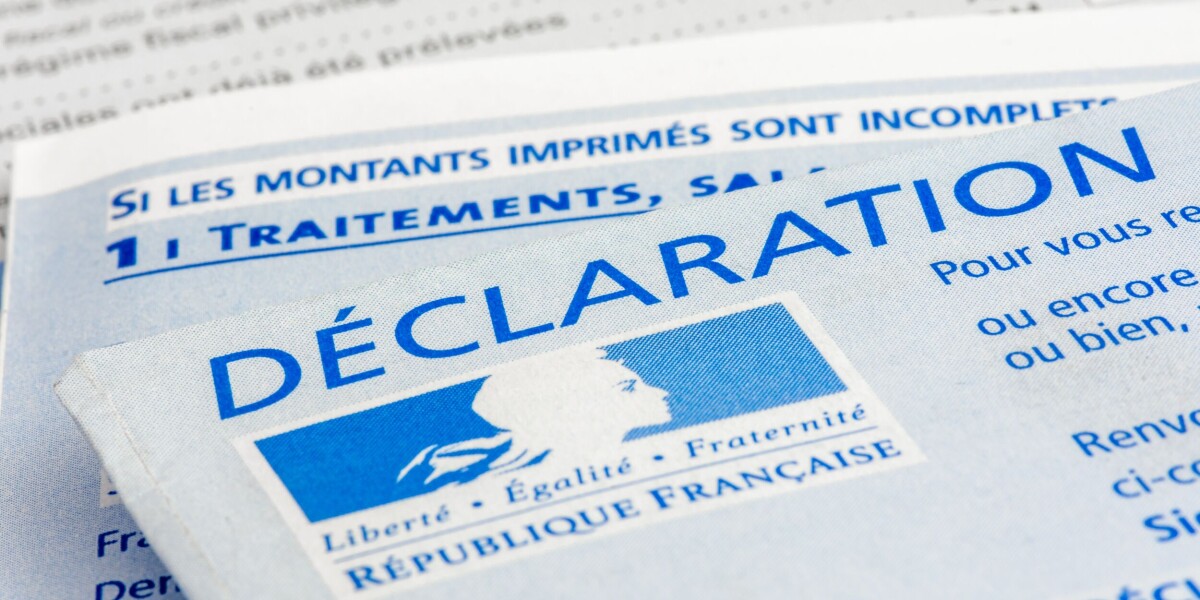- Select a language for the TTS:
- UK English Female
- UK English Male
- US English Female
- US English Male
- Australian Female
- Australian Male
- Language selected: (auto detect) - EN
Play all audios:
ARI SHAPIRO, HOST: One tech toy this year has privacy advocates very concerned so much so they filed a complaint with the federal government. NPR's Brian Naylor reports. CAYLA: My name
is Cayla. My mom said she named me after her grandmother. BRIAN NAYLOR, BYLINE: My Friend Cayla is a doll and looks pretty much like most dolls do. She's available in various skin tones
and hair colors. And according to her website, she is the smartest toy you'll ever have. Ask her if she can sing a song. Sing a song, Cayla. CAYLA: Well, I think I'm pretty good
at singing. Here's a song I love to sing to my next door neighbor's little girl. (Singing) Twinkle, twinkle... NAYLOR: But My Friend Cayla also has some issues. She sings and talks
and listens but maybe a little too well. CLAIRE GARTLAND: We're very concerned about the fact that these dolls are essentially spying on your kids' private conversations. NAYLOR:
Claire Gartland is with the Electronic Privacy Information Center, a Washington nonprofit that advocates for consumer privacy. The problem with Cayla, she says, is everything a child tells
her can be recorded in the guise of having an interactive conversation. Ask her, say, can I tell you a secret? CAYLA: Sure. Go ahead. Be very quiet though. I promise not to tell anyone.
It's just between you and me because we are friends. NAYLOR: But Gartland says that secret and anything else your child tells or asks Cayla isn't secret at all. If the doll is
connected to a smartphone, as it's designed to be, that information can be sent to the toymaker, and that's troubling. GARTLAND: There's all kinds of intimate details of their
personal life, their parents' personal lives. You know, we know how kids at, you know, younger ages don't necessarily have the same social filter. So these children could be
chattering on about anything. NAYLOR: Gartland says the conversations that Cayla records are sent to servers at the toymaker, a company called Genesis, and to a third party called Nuance
that makes voice-recognition software for a lot of companies. Nuance also has a database used by law enforcement and military and intelligence agencies that matches voiceprints. In a blog
post, Nuance says it does not share voice data collected from its customers with any of its other customers. Genesis did not return calls for comment. Gartland says parents are not being
sufficiently notified of My Friend Cayla's capabilities. GARTLAND: And more importantly, they're not consenting to this, and that's where some of our legal regulations come
into play here. NAYLOR: The Children's Online Privacy Protection Act requires companies that collect and use private information from children 12 and under notify their parents and get
permission first. The Electronic Privacy Information Center and other privacy advocates have filed a complaint with the Federal Trade Commission about Cayla. Ideally, they'd like to see
the toy and its sibling, I-Que Intelligent Robot, taken off the shelves in the U.S. as has happened in some European countries. Brian Naylor, NPR News, Washington. (SOUNDBITE OF MUSIC)
SHAPIRO: We're following news of a devastating incident in Berlin. A truck plowed into a crowded Christmas market. Police say at least 12 people have been killed and dozens more
injured. They've arrested a suspect. It's not clear whether that person is the truck driver. Police has asked residents to stay indoors and not spread rumors. We'll keep you
updated as we learn more. Transcript provided by NPR, Copyright NPR.








